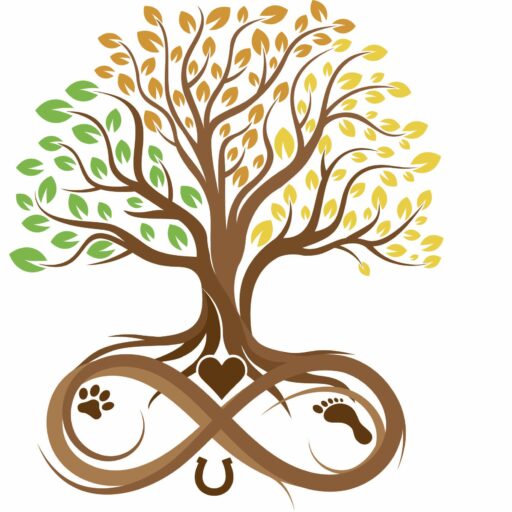How does therapy for children work?
Play therapy is the most common form of therapy used with child. Play therapy allows the child to speak their language and articulate in a way that the perceive their inner and outer world. Typically therapy is held one on one with the child and the therapist helps the child work toward the goals that the therapist and the parents come up with together.
What are some signs that therapy might be right for your child?
There is never really a wrong time for therapy for a child. When you, as a parent, have exhausted all of your energy and options into working with your child to improve their behaviors and/or their emotions then therapy could be beneficial for your child. Children communicate in different ways that can sometimes be hard to interpret for parents. We believe in open and honest communication with the families of the child as well as collaboration to help the child implement the things they are learning in therapy. We believe parent involvement is highly important in therapy. If your child is:
- having problems in relationships
- having emotional outbursts/melt downs
- behaving in a concerning manner
- developing unhealthy habits
- struggling in school
- bullying or being bullied
- acting out in abnormal ways
- going through a family transition
- experiencing(ed) a life changing event
- experiencing(ed) or a witness to trauma (relational, emotional, physical, etc.)

What are the benefits to therapy for children?
Emotional: Sometimes children have a hard time balancing and regulating their emotions. Therapy can help children find healthy ways of expressing and regulating their emotions. Therapy can also offer insight as to how parents can handle and best manage situations when a child has an emotional melt down.
Behavioral: Sometimes children behave in certain ways in order to communicate with us. Children many times will act out the ways they are feeling rather than articulating they ways they are feeling. Therapy can help children learn how to change their behaviors to act in a way to get their needs met in an appropriate and healthy manner. Therapy teaches children how to behave in confidence rather than in fear, and how to use the things they learn in therapy through play and interactions with therapist to apply at school or at home.
Cognitive: Therapy can help children learn how to organize their inner and outer world (to the best extent a child their age can). Therapy can help children learn how to stay focused for longer periods, articulate emotions and experiences, complete tasks, and express themselves in a healthy manner. Therapy can be an avenue in which children can learn how to focus and listen to help prepare them for the things to come.
Mental: Therapy can help parents understand the mind and the brain of their child at a deeper more connected level. Sometimes with children it can be very difficult to see and understand why they are behaving or thinking in the ways that they are. It can be hard to differentiate between normal behavior and abnormal behavior. Therapists are trained and educated to understand those processes that are happening within the child’s mind and brain.
What are some of the problems you typically work with in children?
We specialize in working with children who have struggle with or are struggling with:
- Trauma
- Complex
- Developmental/Relational
- Anxiety/Fear
- Attachment
- Grief & Loss
- Behavioral Outbursts
- Grief
- Adjustment
- Depression
- Emotional and Behavioral Challenges
- Self-Confidence
- Stress and Child Development
- Developmental Delays
- Bullying

